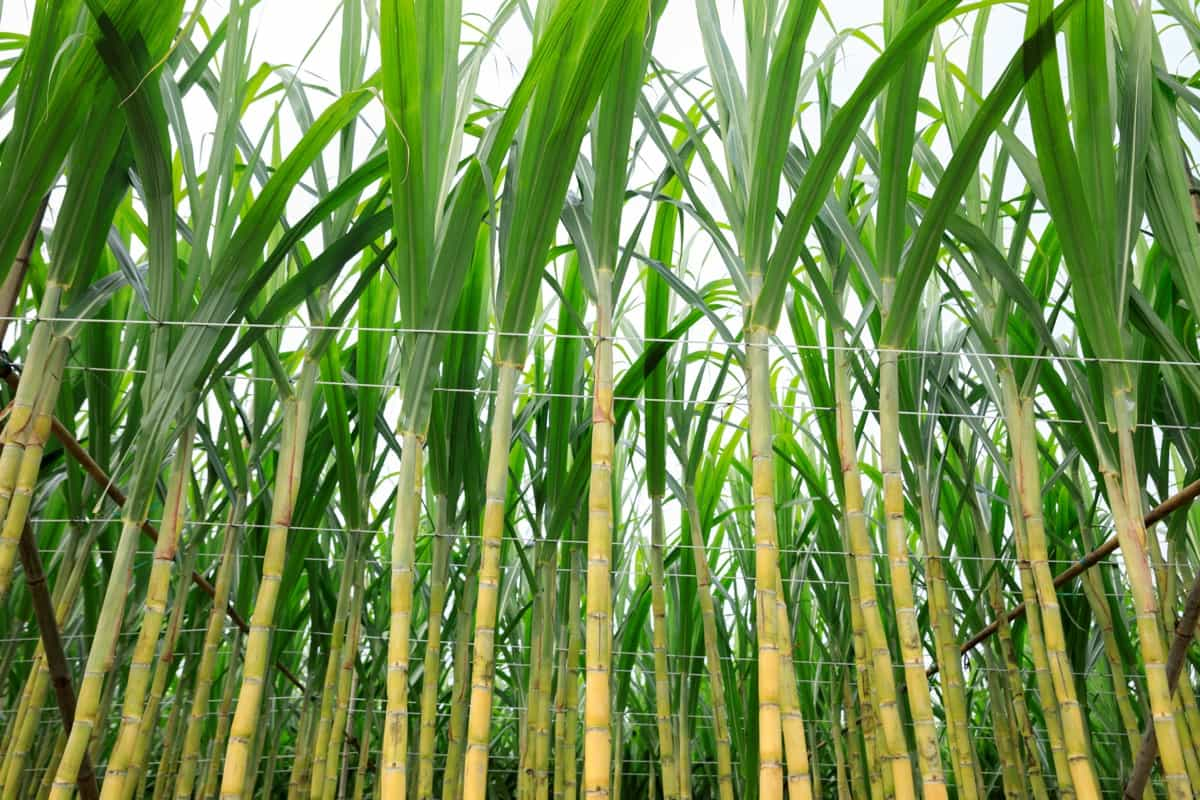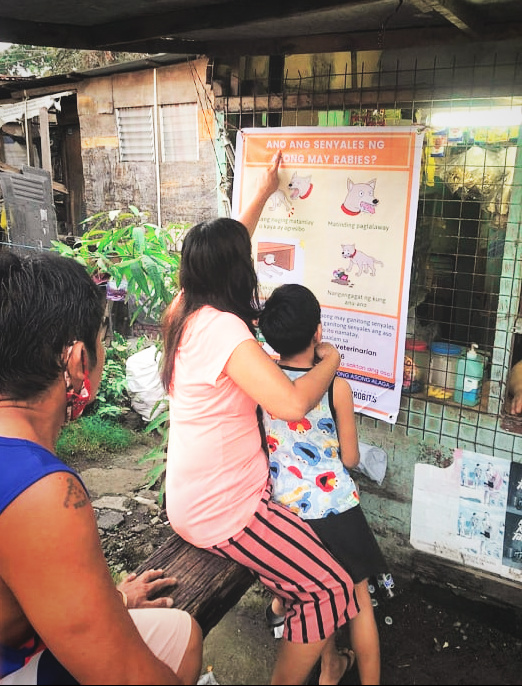Economy

Economy
03 Nov, 2025
SRA and HPCo Collaborate on Organic Pest Management to Protect Negros Sugarcane Farms
Vicenta Abadilla
The Sugar Regulatory Administration (SRA) has strengthened its partnership with Hawaiian-Philippine Co. (HPCo) to address the Red Striped Soft Scale Insect (RSSI) infestation in Negros Occidental using an organic and environmentally friendly pest management strategy.
On September 6, SRA Administrator and CEO Pablo Luis Azcona visited HPCo’s site in Silay City to endorse the initiative, which emphasizes biological control tactics designed to reduce RSSI populations while preserving beneficial insects critical to the ecological health of sugarcane plantations.
The RSSI is known to severely damage sugarcane crops across Negros Occidental. “This collaboration goes beyond tackling the immediate pest challenge; it establishes sustainable agricultural practices that will support future generations of sugarcane farmers in Negros and beyond,” Azcona remarked.
Since June, HPCo’s technical team has been developing an organic treatment protocol tailored to varying levels of RSSI infestation, aligning with SRA’s sustainability goals.
The project gained momentum after a visit from Israeli agricultural experts Yael Skutelsky and Nina Lehmann between August 10 and 16. Their expertise in advanced biological pest control helped refine the treatment procedures and implement a systematic approach involving thorough assessment, targeted spraying, and continuous monitoring.
Rodeo Suating, HPCo co-general manager and regulatory compliance officer, explained that the protocol aims to interrupt pest development and reproduction without harming beneficial insect populations. The objective is to reduce the RSSI to a manageable level that enables natural predators to restore ecological balance.
The organic treatment is applied in three stages: initial evaluation followed by focused spraying, a secondary assessment with a potential additional application, and a final monitoring phase to ensure the recovery of beneficial insects.
Trial runs in HPCo-managed fields have now expanded to adjacent plantations. Unlike chemical pesticides, which also eradicate helpful insect species, HPCo’s organic method offers a more sustainable and cost-effective solution.
Suating emphasized, “Our goal is to protect the crops and the environment simultaneously. We want all farmers within our district to adopt this method and unite against the RSSI threat.”
HPCo Chairman Curran reaffirmed their commitment to expand the program across their mill district in collaboration with local government units and planters’ associations. The initial distribution of the organic treatment will be provided free of charge to affected farms in Silay City and EB Magalona. Farmers are responsible for carrying out the field assessments, spraying operations, and field sanitation.
Azcona noted that RSSI infestations typically occur along field edges and roadways, causing symptoms such as leaf yellowing, stunted growth, and shortened internodes. These symptoms typically manifest within two to three months after planting, peaking between the fourth and tenth month of cane growth.
He highlighted that the SRA-HPCo partnership symbolizes a collective commitment to sustainable agriculture and long-term productivity for Negros sugarcane farmers.
By promoting biological pest control, this initiative not only confronts the immediate RSSI problem but also contributes to building a more resilient and environmentally conscious sugarcane industry.
Recommended For You

Northern Mindanao Intensifies Rabies Awareness Ahead of World Rabies Day
Nov 03, 2025
Vicenta Abadilla

Magnitude 5.5 Earthquake Strikes Off Luna, La Union Early Friday
Nov 03, 2025
Milagros Bituin

Senator Backs Syms Construction Owner as Key Witness in Flood Control Corruption Probe
Nov 03, 2025
Milagros Bituin

SRA and HPCo Collaborate on Organic Pest Management to Protect Negros Sugarcane Farms
Nov 03, 2025
Vicenta Abadilla
